DIUS launches consultation on delivering adult education.
“
A Government consultation, launched this week, has proposed to introduce virtual vouchers to help some adults fund their own informal learning.
Spearheaded by organizations like Help the Aged, the Family Learning Network, English Heritage, BBC, BSkyB, Microsoft and the TUC, the consultation stresses the importance of the internet, new technologies and the voluntary sectors as part of the adult education curriculum as opposed to the traditional class based education.
Branding the project as “quiet revolution” in how this learning is accessed and delivered, John Denham, Secretary of State for Innovation, Universities and Skills said, “Some courses are still taught in a classroom at a fixed time – an approach that would have been clearly recognized 100 years ago. But adult learning may be as easily stimulated by a TV programme that prompts a trip to a local museum, or an internet search that leads to a group of like-minded learners.
“Most strikingly, much of the innovation in this sector in the early 21st century has been driven and achieved by learners themselves: people adapting new technologies, not relying on support from local or national Government to organise activities, but seeking out fellow enthusiasts through online communities and other channels besides.”
The Department of Culture, Media and Sports supports a huge number of learning opportunities through the Arts Council and Sport England. Through free access to major national museums and galleries, education services and facilities are offered to visitors. There is also easy access to public facilities such as school buildings where 8,000 extended schools offer premises and the use of ICT equipment for community purposes.
James Purnell, Secretary of State for Culture, Media & Sport, said:”The UK is the creative and cultural hub of the world. But our ability to maintain this position in the face of ever more fierce competition from emerging economies depends on an innovative and nimble thinking work force.”
According to David Sinclair, Head of Policy at Help the Aged, an international charity devoted to disadvantaged old people, a new vision of simplified learning through digital television and new technologies will help old people to keep pace with this ever changing, complicated world.
Rinku Chatterjee
“


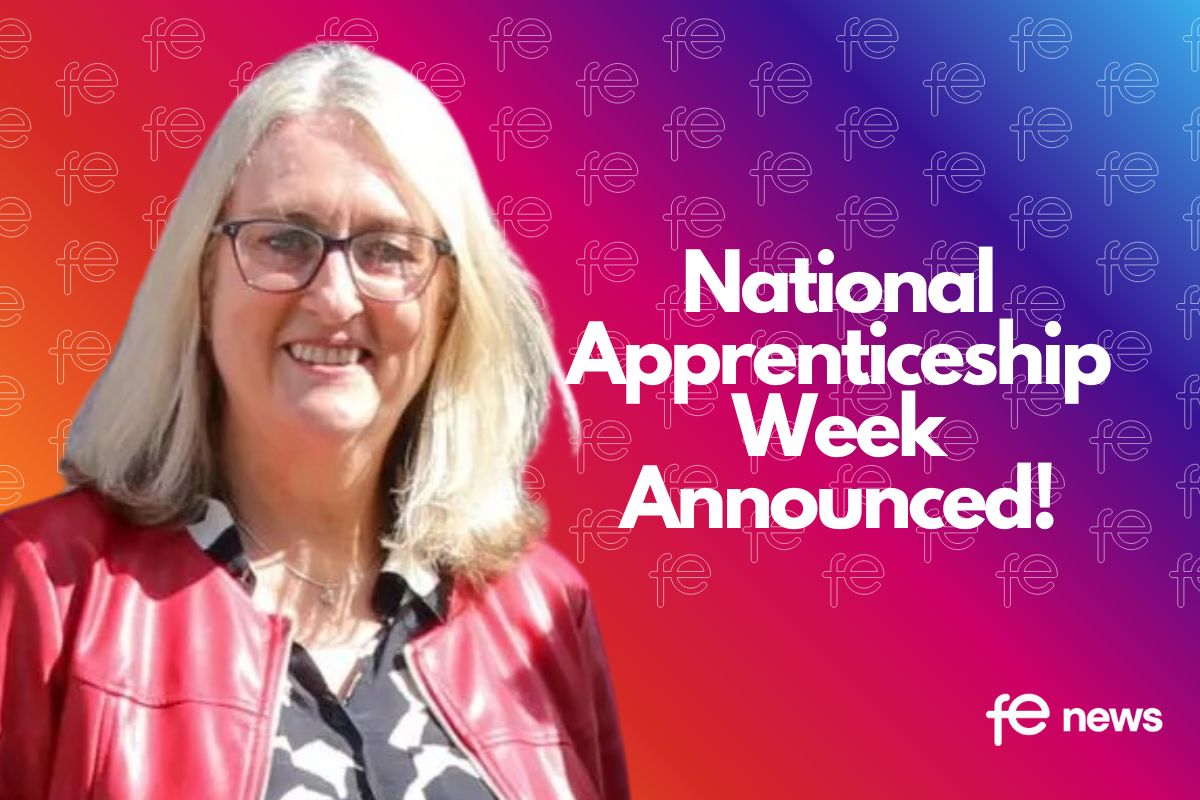
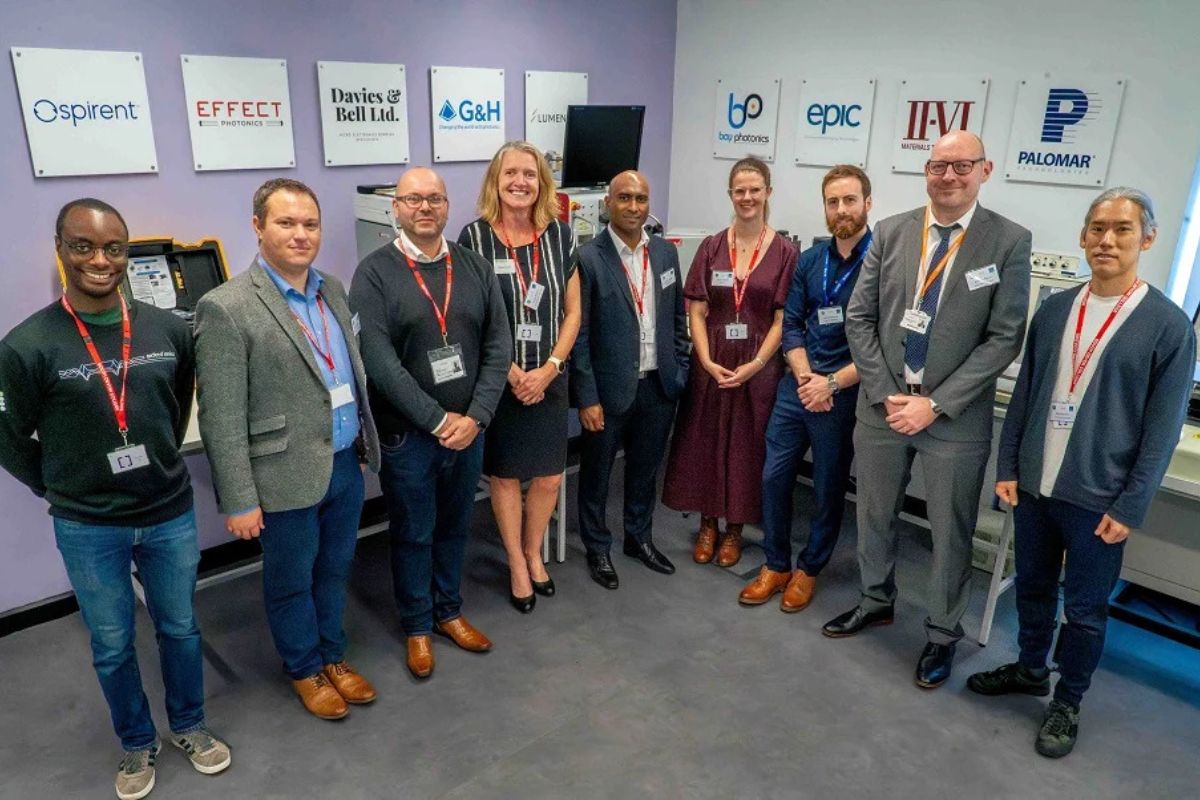
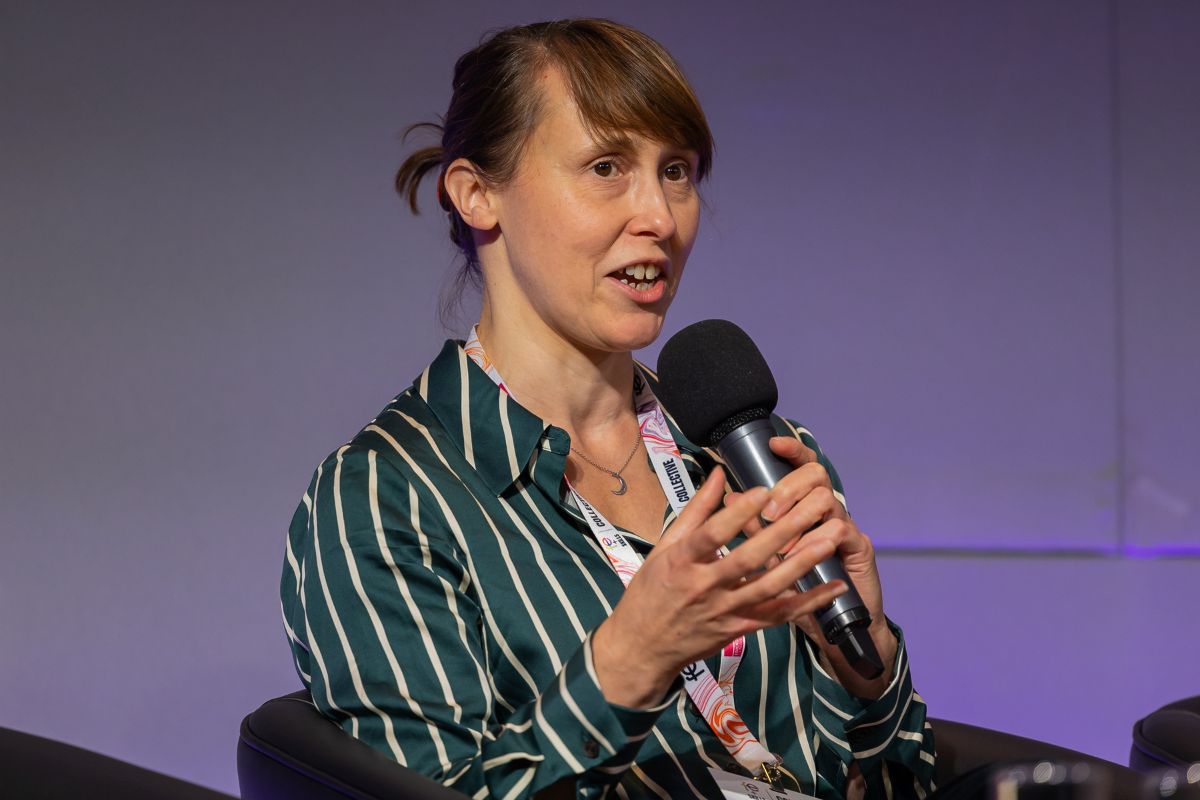
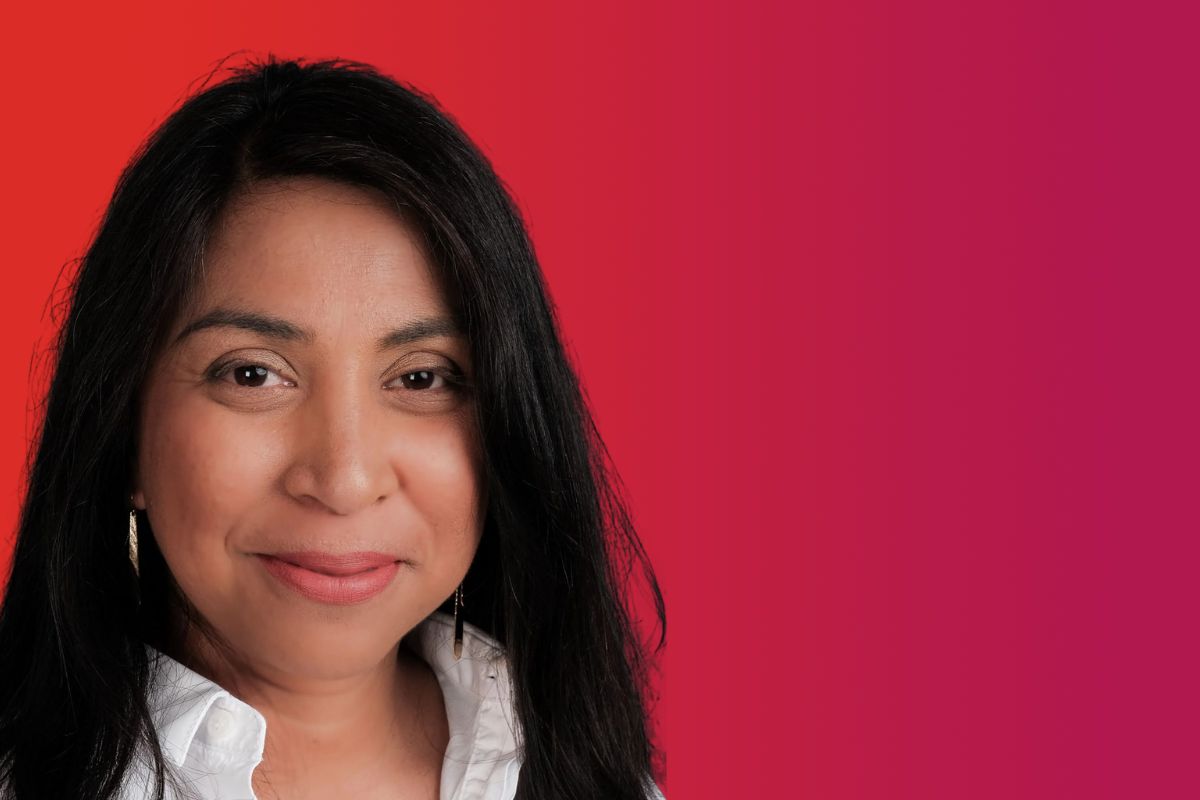
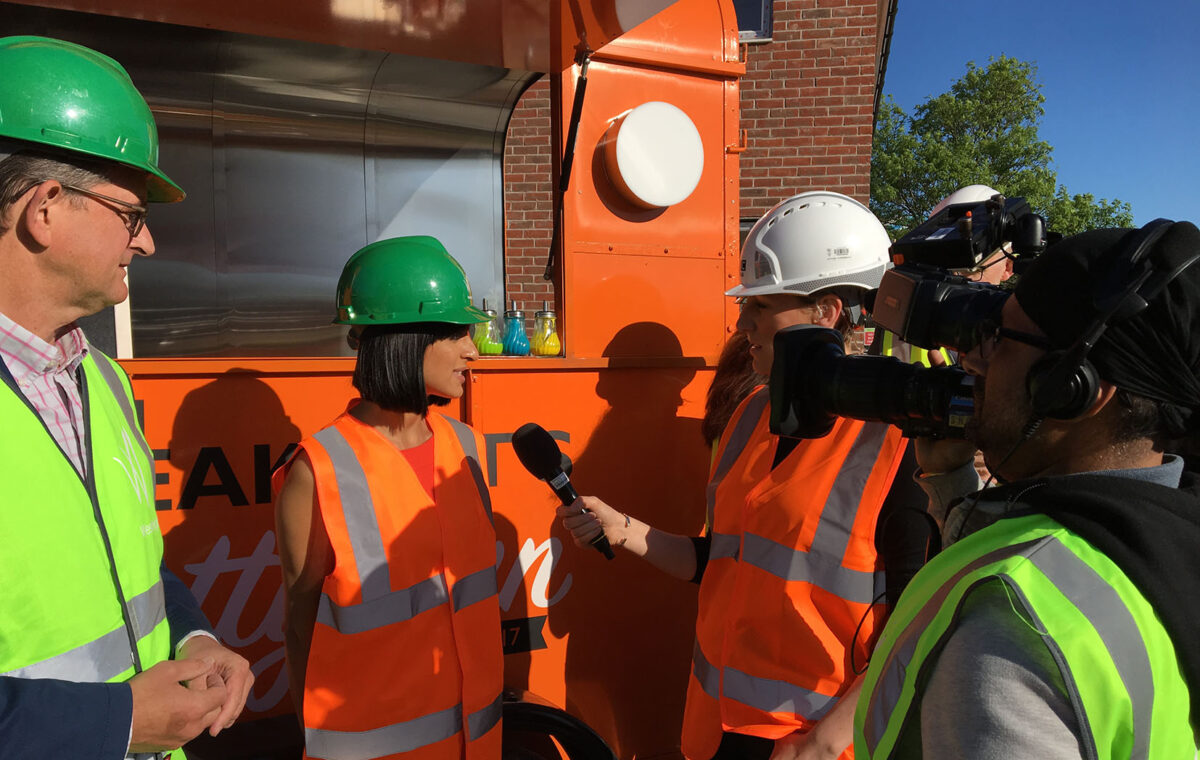
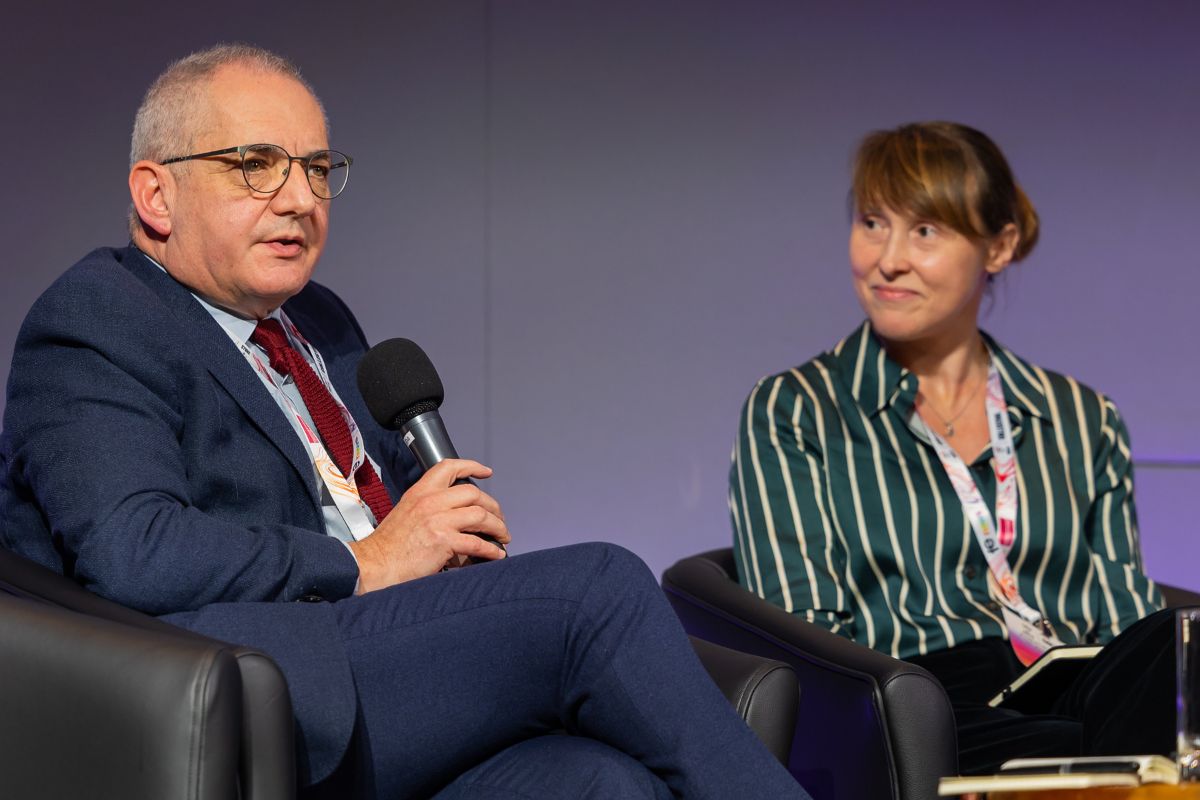
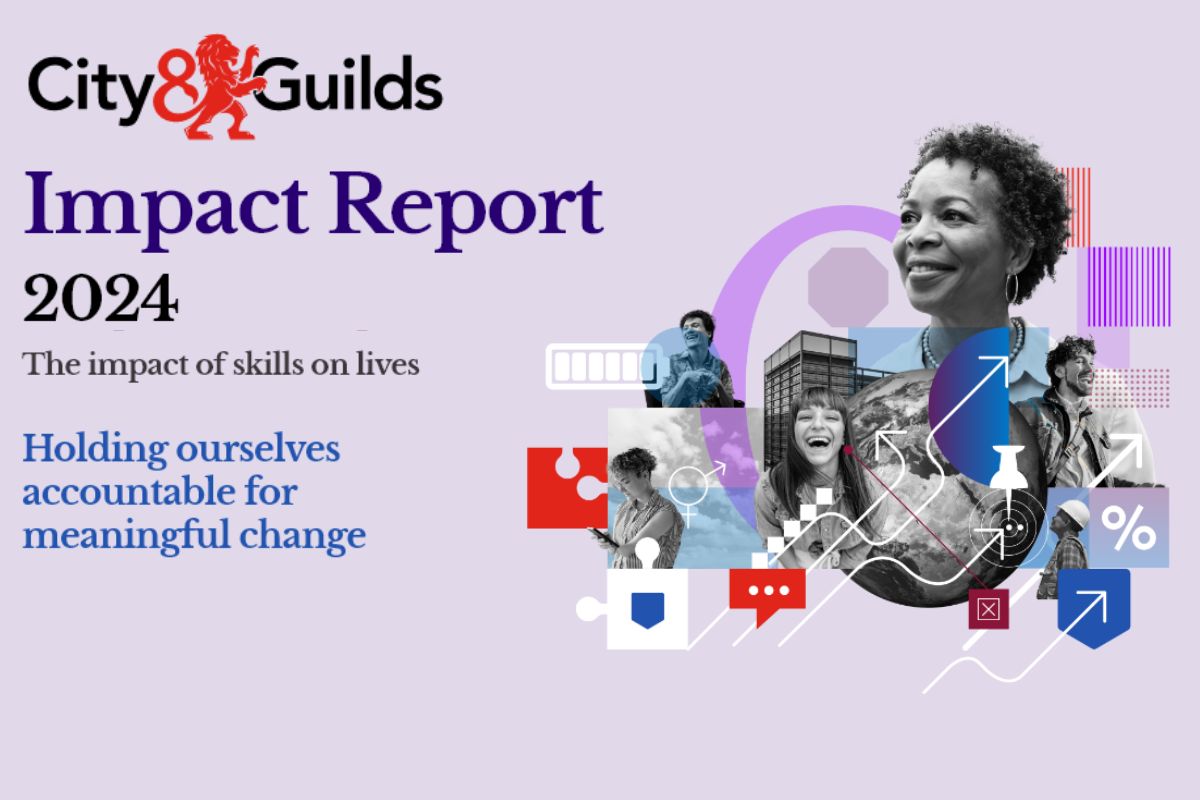
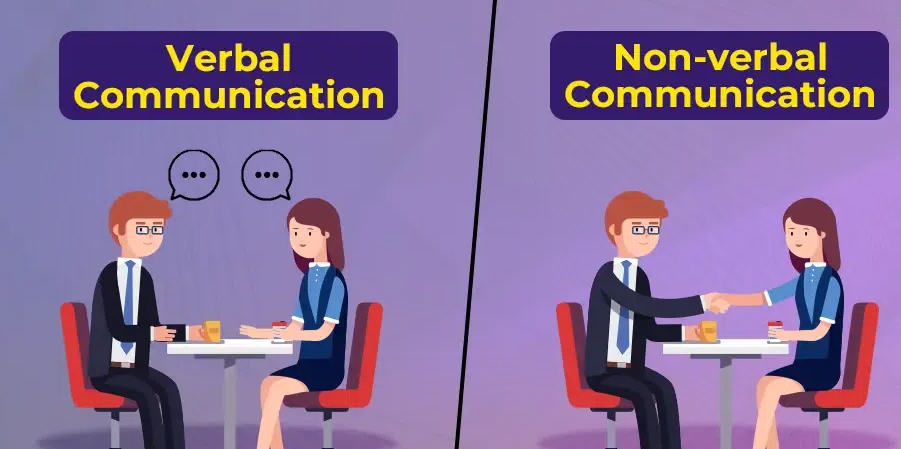
Responses